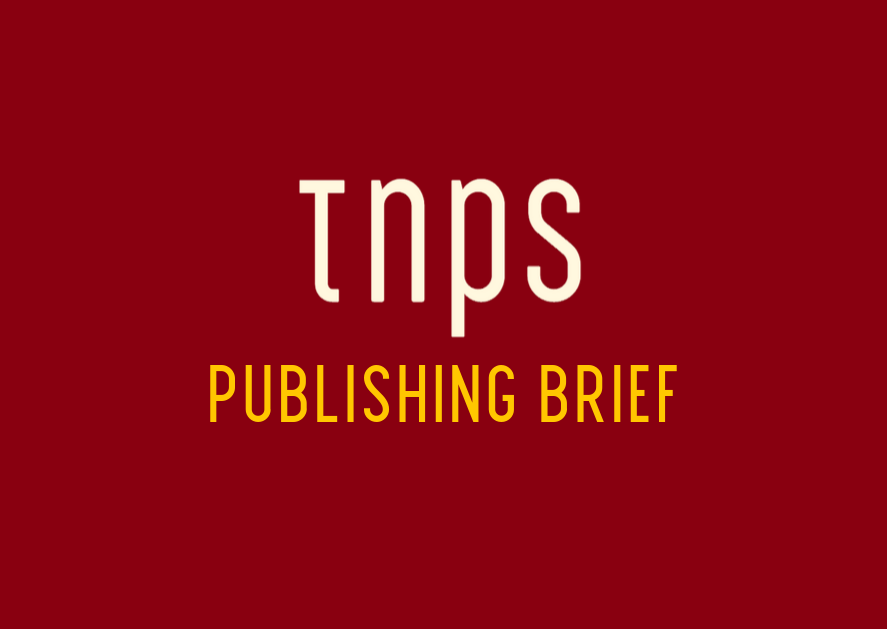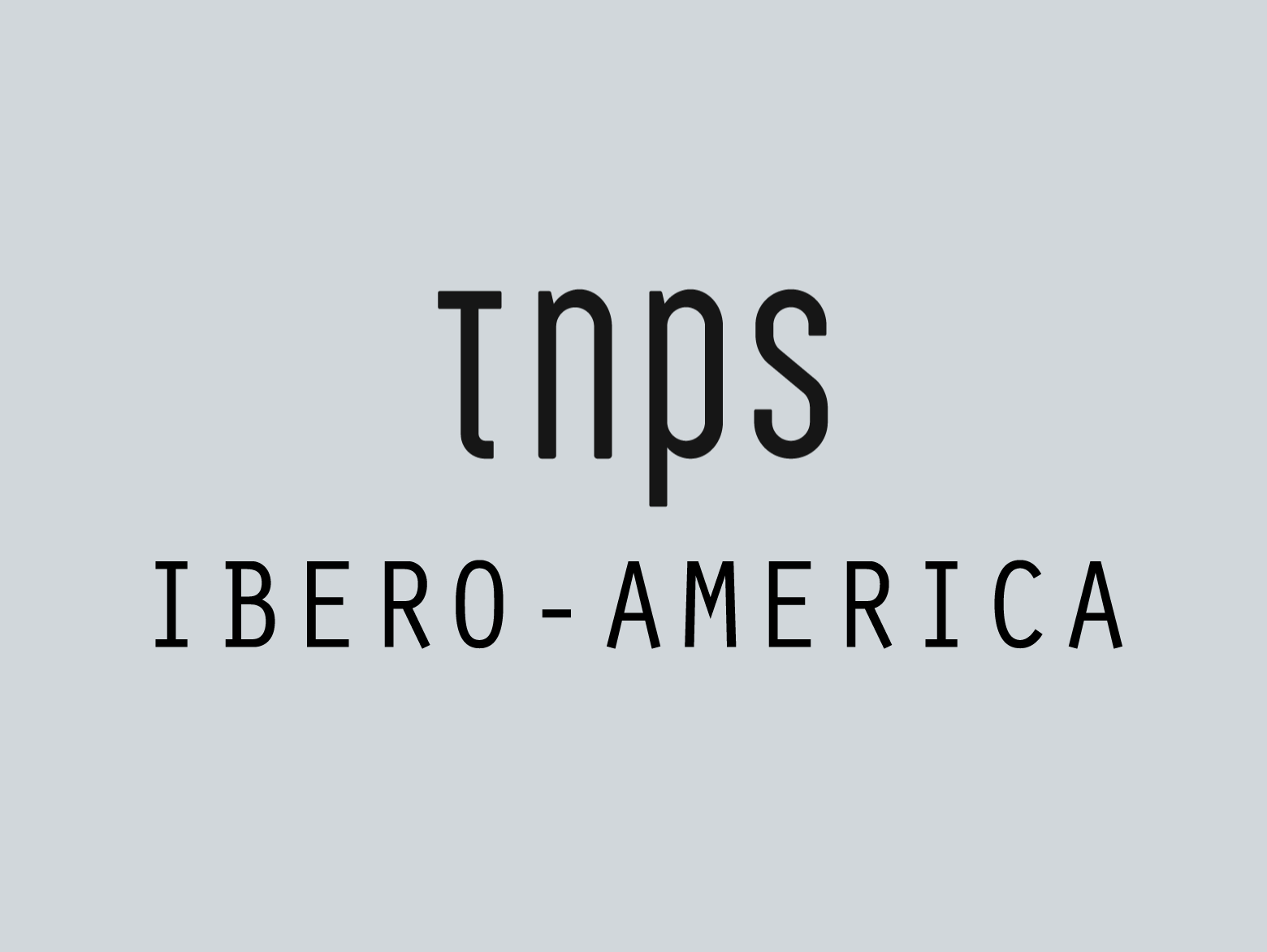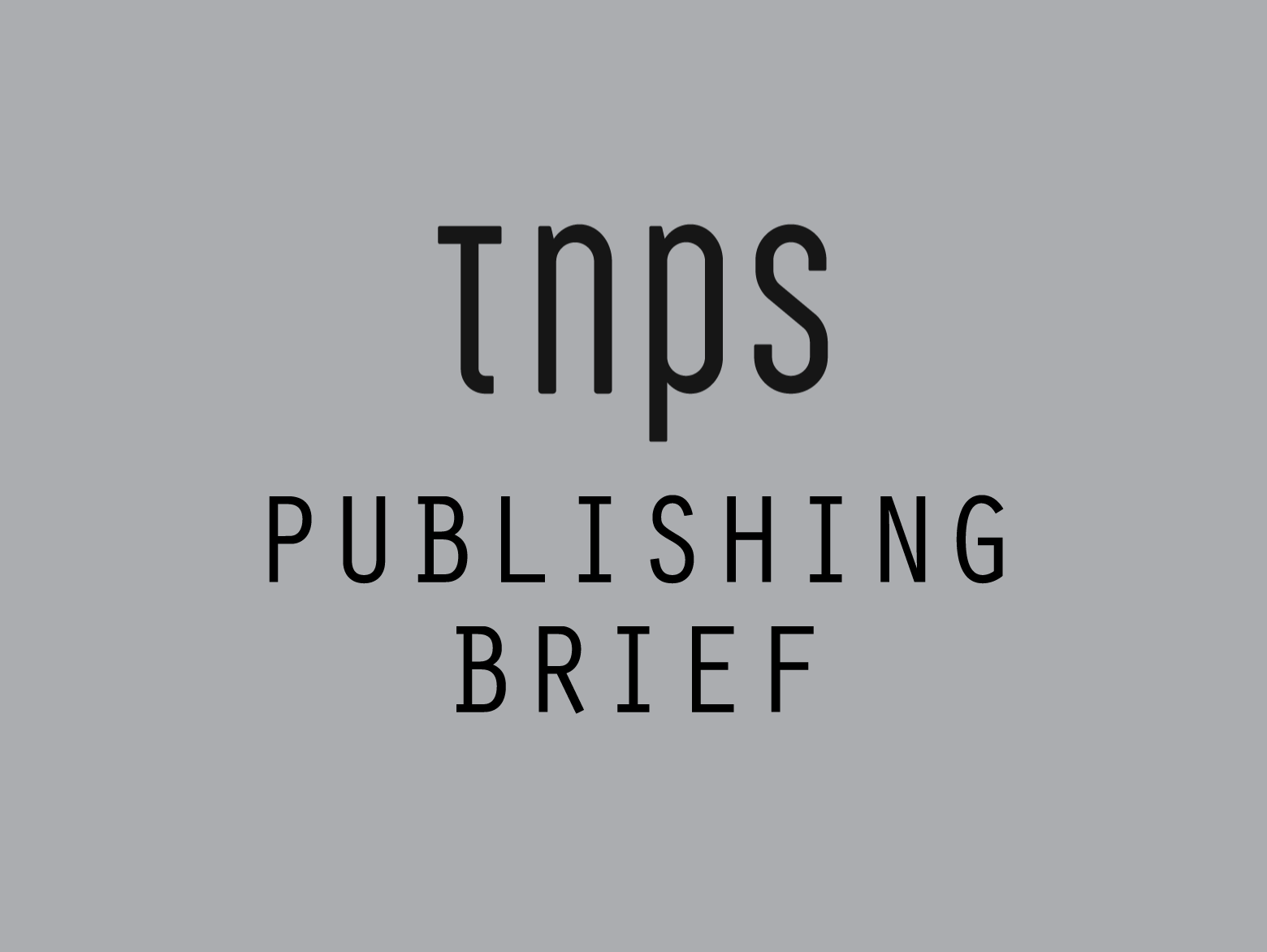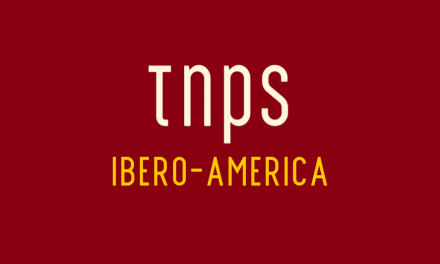It’s not clear from reportage quite how the auction house got away with allowing this treasure to be sold at auction without checking its providence properly.
A 16th-century manuscript, stolen over a decade ago from Paraguay’s National Archives, has been successfully repatriated following an investigation by the Manhattan District Attorney’s Antiquities Trafficking Unit.
The manuscript, dating to 1598 and valued at nearly $20,000, had resurfaced at a rare book dealer in New York City after passing through an auction house.
Signed by Hernando Arias de Saavedra, then colonial governor of Paraguay, the 13-page document contains legal decrees outlining the governance of Indigenous communities during the Spanish colonial era. Experts highlight its historical significance as a precursor to the 1603 ban on the punitive encomienda system, a colonial labour practice condemned for exploiting Indigenous peoples.
A Turning Point in Ethical Book Trade
Paraguay’s Consul General in New York, Fabiola Torres Figueredo, hailed the manuscript’s return as a “gesture of friendship and respect” and a symbol of international cooperation in preserving cultural heritage.
The manuscript had, it seems, been quietly circulating through the rare books market. After its theft, it re-emerged in 2013 at Swann Auction Galleries, a well-known Manhattan auction house. It was sold for $9,500 and later listed for resale at $18,500 by Martayan Lan Inc., a respected rare book dealer.
Seyla Martayan, co-owner of the firm, expressed shock upon learning the manuscript was stolen, stating, “No dealer wants to work with stolen material.” She placed responsibility on the auction house for failing to properly disclose the item’s provenance.
Market Transparency and the Role of Due Diligence
This case underscores the critical need for transparency and rigorous provenance checks in the rare books and antiquities trade. In an age of growing digital access and public scrutiny, experts such as Dr Erin Thompson, an art crime professor at John Jay College, note that buyers and dealers can no longer plead ignorance.
“You can buy anything in New York’s art market,” said Thompson, “but buyers must take increasing responsibility to verify the legitimacy of their acquisitions.”
The District Attorney’s Office reports that its Antiquities Trafficking Unit has recovered more than 6,000 artefacts, with nearly 5,500 items returned to their countries of origin across 30 nations.
The View From The Beach
For those in the publishing and rare books sector, this incident serves as a timely reminder of the ethical implications of collecting historical material. As calls for cultural restitution grow, publishing professionals are in a unique position to promote responsible handling of literary heritage – ensuring that artefacts are not only preserved but rightfully returned when necessary.
It’s not clear from reportage quite how the auction house got away with allowing this treasure to be sold at auction without checking its providence properly.
This post first appeared in the TNPS LinkedIn newsfeed.




